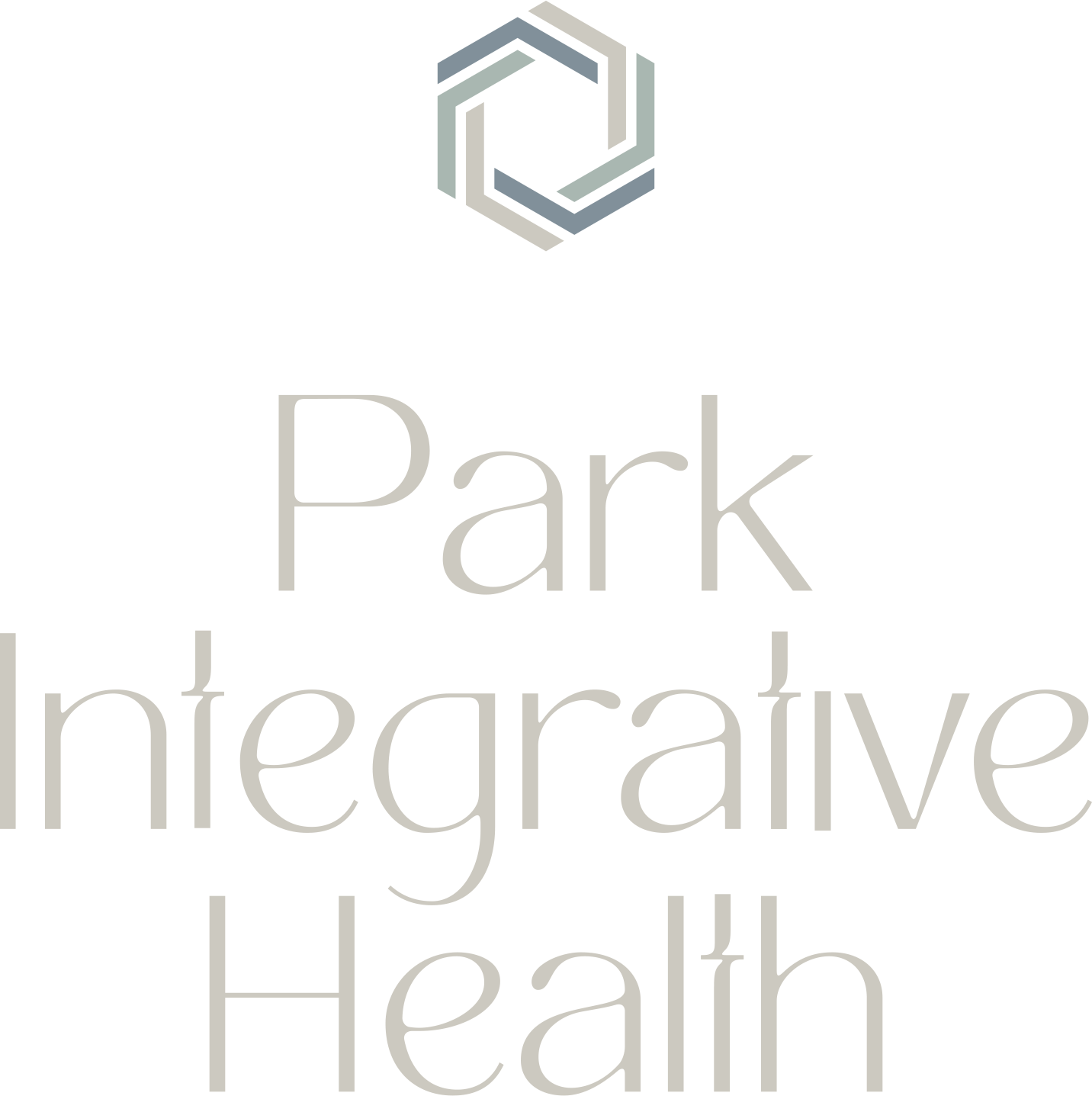The benefits of physiotherapy as part of integrative healthcare
The practice of integrative healthcare has gained significant traction in the field of health and wellness. It emphasizes a holistic approach that combines conventional medical treatments with complementary therapies (or allied health modalities) to promote overall well-being.
Among the many allied health options, physiotherapy is a crucial component, offering numerous benefits that enhance the effectiveness of an integrative healthcare approach. This Wellness Note delves into a few of the many advantages of incorporating physiotherapy into an integrative health care plan.
When it comes to physiotherapy, there are countless benefits to a patient, whether they require immediate attention for an ailment or they are interested in using physiotherapy as a preventative care treatment option. To keep it concise, we’ve curated our top seven benefits of physiotherapy as part of an integrative health care plan:
1. Comprehensive pain management
One of the primary benefits of physiotherapy in integrative healthcare is its role in comprehensive pain management. Physiotherapists employ a range of techniques, such as manual therapy, exercise, and electrotherapy, to alleviate pain and improve function. By addressing the root cause of pain rather than merely masking symptoms with medication, physiotherapy offers long-term relief and reduces dependency on painkillers, which can have adverse side effects for many folks.
2. Enhanced mobility and function
Physiotherapy is instrumental in restoring and enhancing mobility and function. Whether recovering from surgery, injury, or managing a chronic condition, physiotherapy helps patients regain strength, flexibility, and coordination. Personalized exercise programs and therapeutic interventions are tailored to the individual needs of each patient, as with all things in integrative medicine, personalization of care ensures optimal functional outcomes. Physiotherapy’s focus on mobility is particularly beneficial for older adults, helping them maintain independence and improving their quality of life.
3. Prevention of chronic conditions
A proactive approach to health is a cornerstone of integrative care, and physiotherapy plays a vital role in the prevention of chronic conditions. Through regular assessments and targeted interventions, physiotherapists can identify and address musculoskeletal imbalances, poor posture, and other risk factors before they lead to more serious health issues. By promoting healthy movement patterns and encouraging physical activity, physiotherapy helps prevent conditions such as arthritis, osteoporosis, and cardiovascular diseases.
4. Mental health benefits
The connection between physical and mental health is well-documented, and physiotherapy contributes significantly to mental well-being. Engaging in physical activity and exercise releases endorphins, which are natural mood elevators. Physiotherapy can also help reduce anxiety and depression by improving physical function and reducing pain, thereby enhancing overall quality of life. Additionally, the personalized care and attention from a physiotherapist offers emotional support and motivation, further benefiting the mental health of patients experiencing physical setbacks or challenges.
5. Holistic approach to rehabilitation
Integrative healthcare emphasizes a holistic approach to rehabilitation, considering the physical, emotional, social, mental, and spiritual aspects of a patient’s wellness. Physiotherapy aligns perfectly with this philosophy by addressing the whole person rather than just the injury or illness. In an integrative care model like the one at PIH and Synapse, your physiotherapist works closely with other medical and allied health professionals to develop a comprehensive rehabilitation plan that considers all aspects of your health. This collaborative approach ensures that patients receive well-rounded care that supports their overall recovery and well-being.
6. Improved patient outcomes
Research shows that integrating physiotherapy into healthcare plans leads to improved patient outcomes. For example, patients who receive physiotherapy as part of their post-operative care tend to have shorter hospital stays, fewer complications, and faster recoveries. Similarly, individuals with chronic conditions such as back pain, diabetes, and stroke benefit from the tailored interventions provided by physiotherapists, leading to better management of their conditions and improved quality of life.
7. Cost-effectiveness
While physiotherapy offers many health benefits, it is also a cost-effective component of integrative healthcare relative to some other forms of treatment. By preventing injuries, managing chronic conditions, and reducing the need for surgeries and long-term medication use, physiotherapy significantly lowers healthcare costs. Early intervention and preventive care provided by physiotherapists can reduce the economic burden on both patients and the healthcare system.
---
If you can’t tell by now, we’re big proponents of physiotherapy as part of integrative care and a preventative healthcare approach. With its ability to provide comprehensive pain management, enhanced mobility, prevention of chronic conditions, mental health benefits, holistic rehabilitation, improved patient outcomes, and cost-effectiveness, physiotherapy is a vital component of the integrative health model, and that’s why we’re so excited about our new space, Synapse by Park Integrative Health, which provides physiotherapy and chiropractic care to the Sherwood Park and Edmonton communities. When you incorporate physiotherapy into your wellness plan, you can achieve better overall health and well-being, which is why this therapeutic approach is so important in modern healthcare.
Our physiotherapist and chiropractic teams at Synapse are currently accepting new patients. You can book your next treatment or an initial consult here. If you’d like to chat with someone about building an integrative health plan for yourself or a member of your family, we recommend booking yourself in for a free consultation with one of our Client Care Coordinators.



